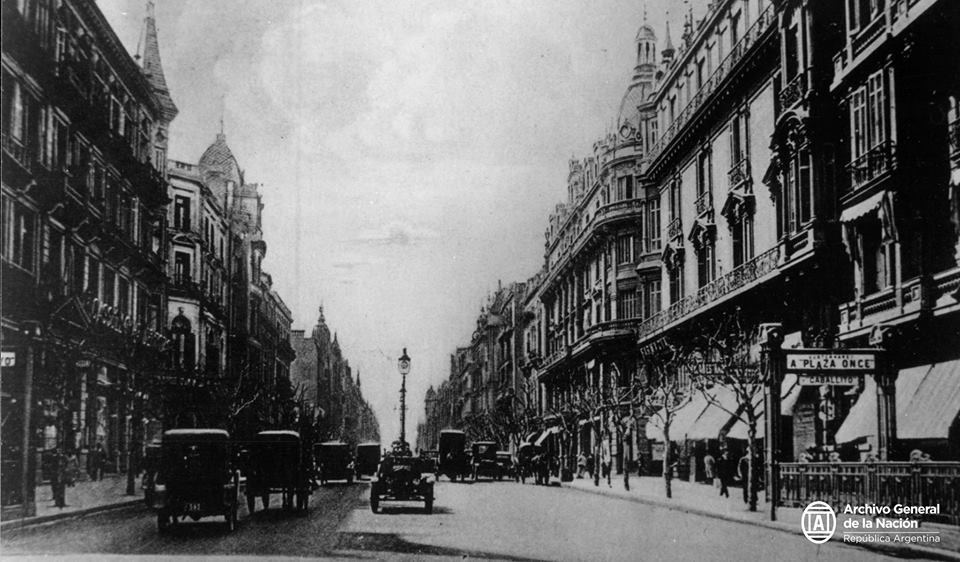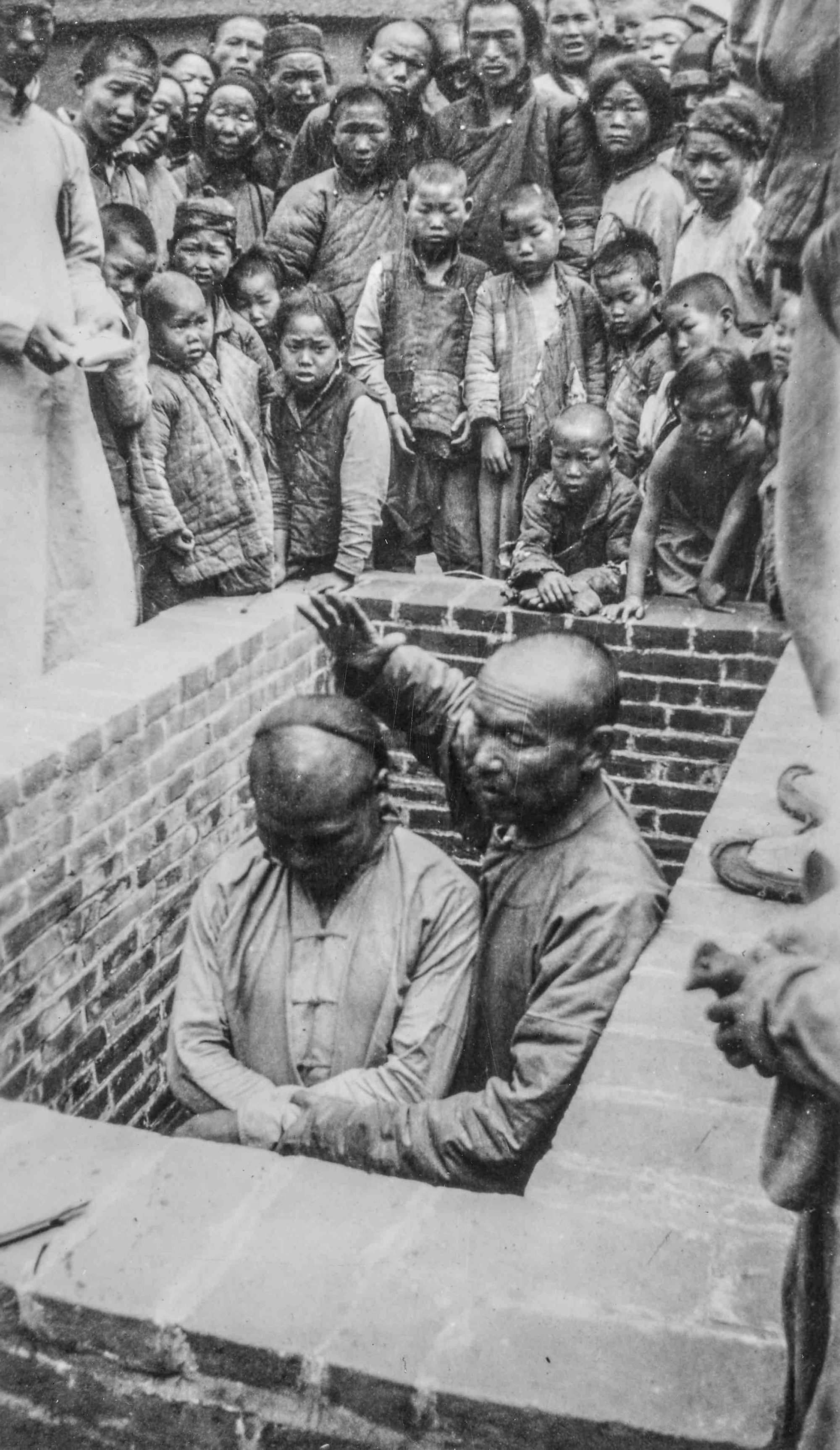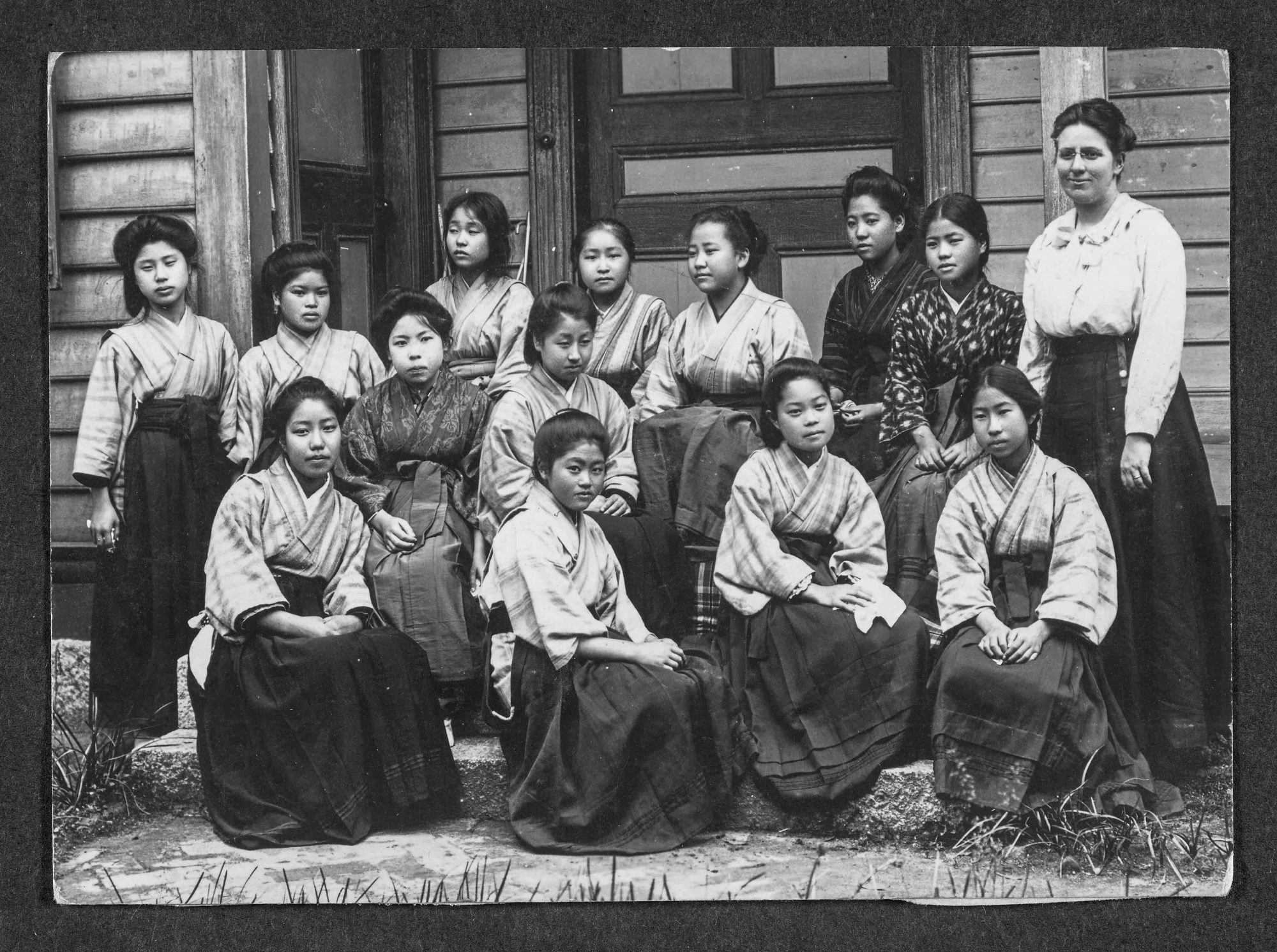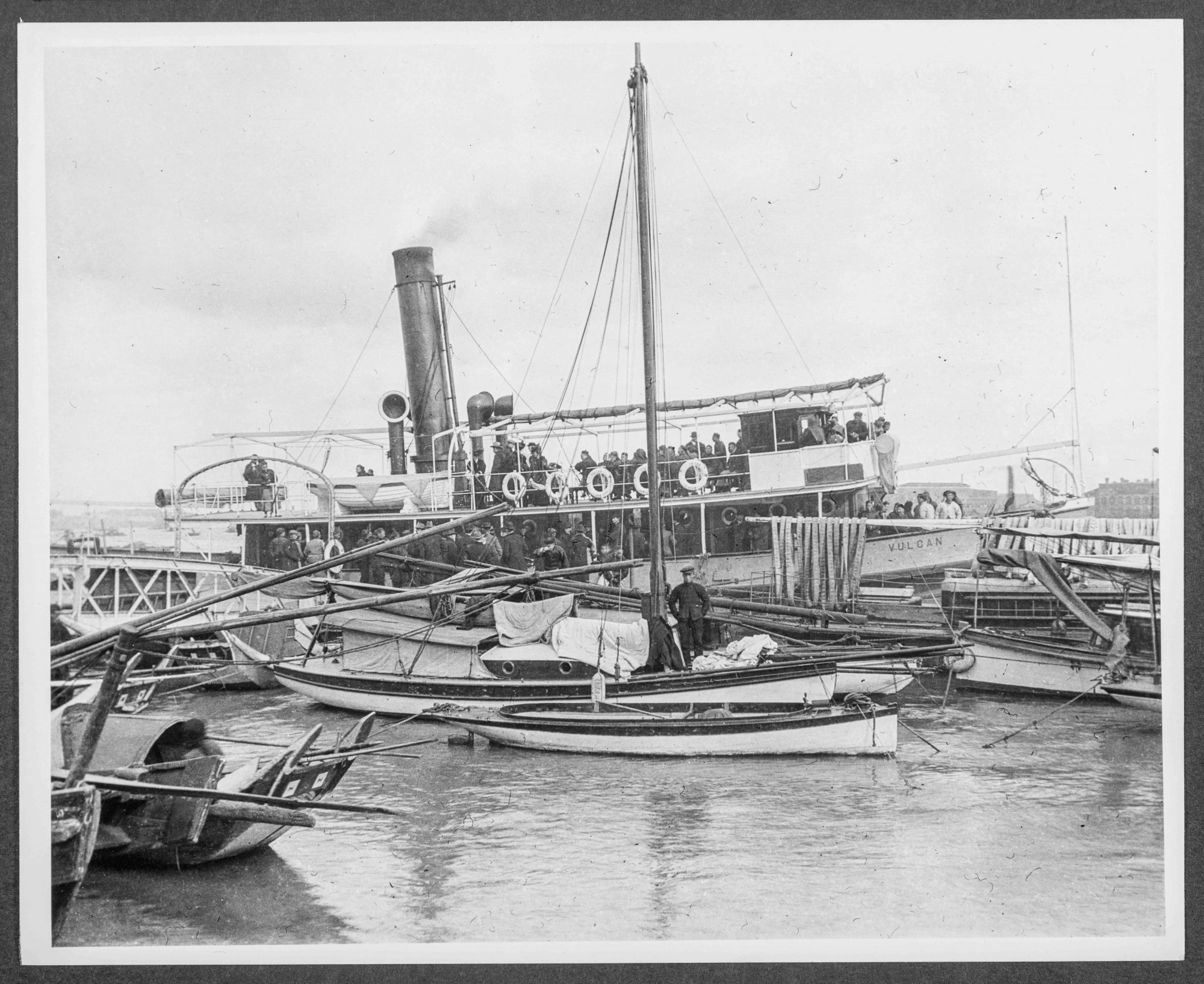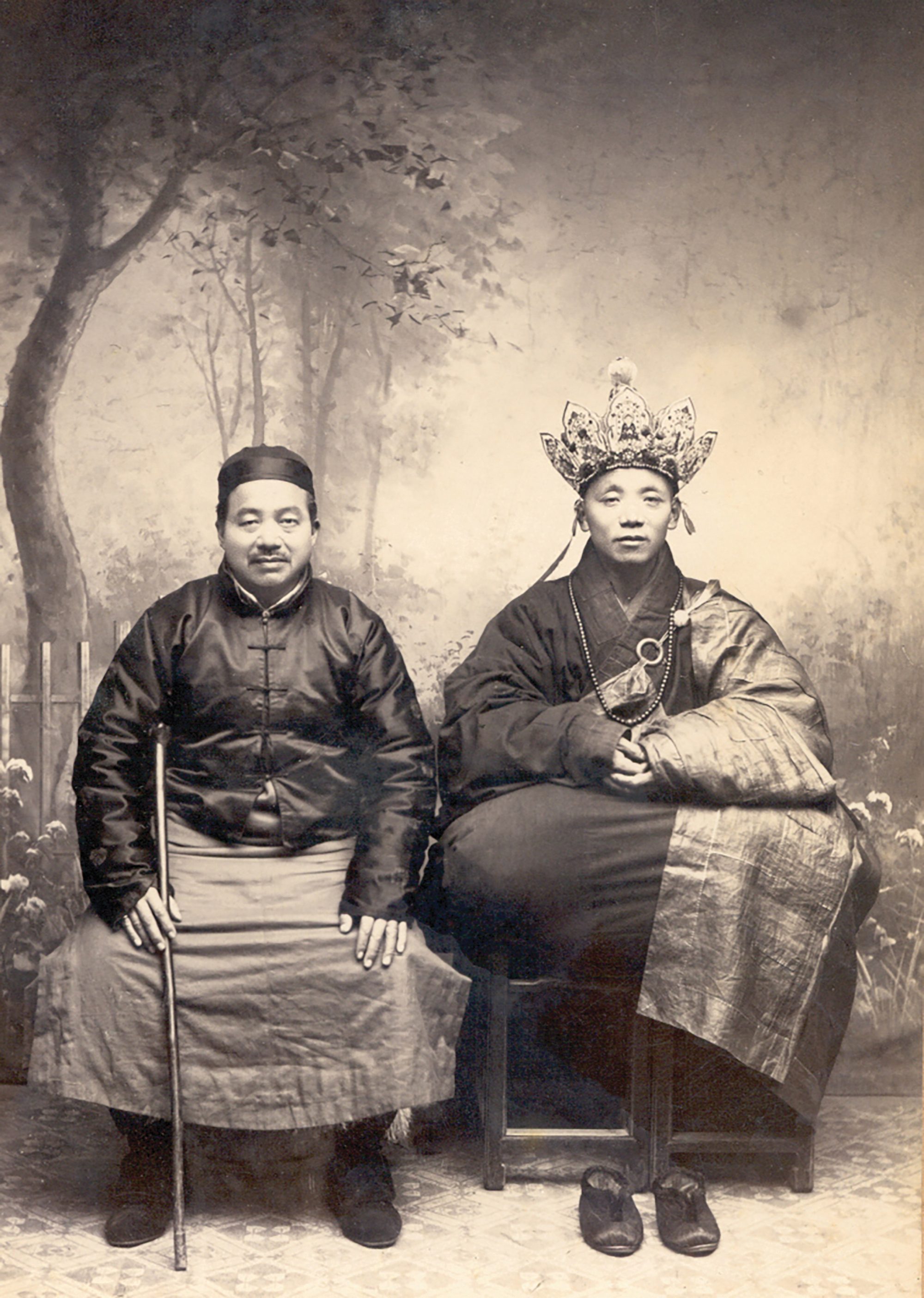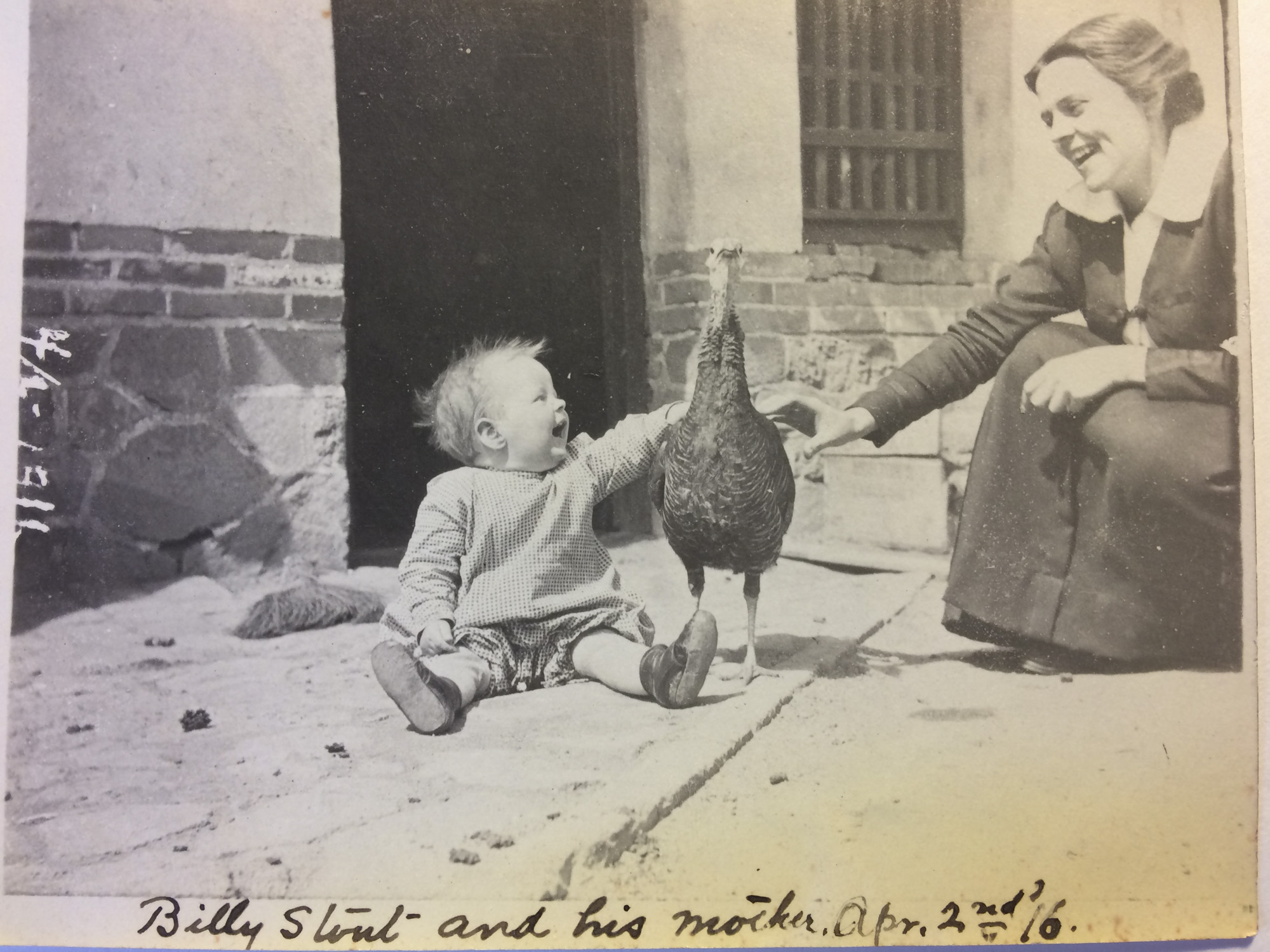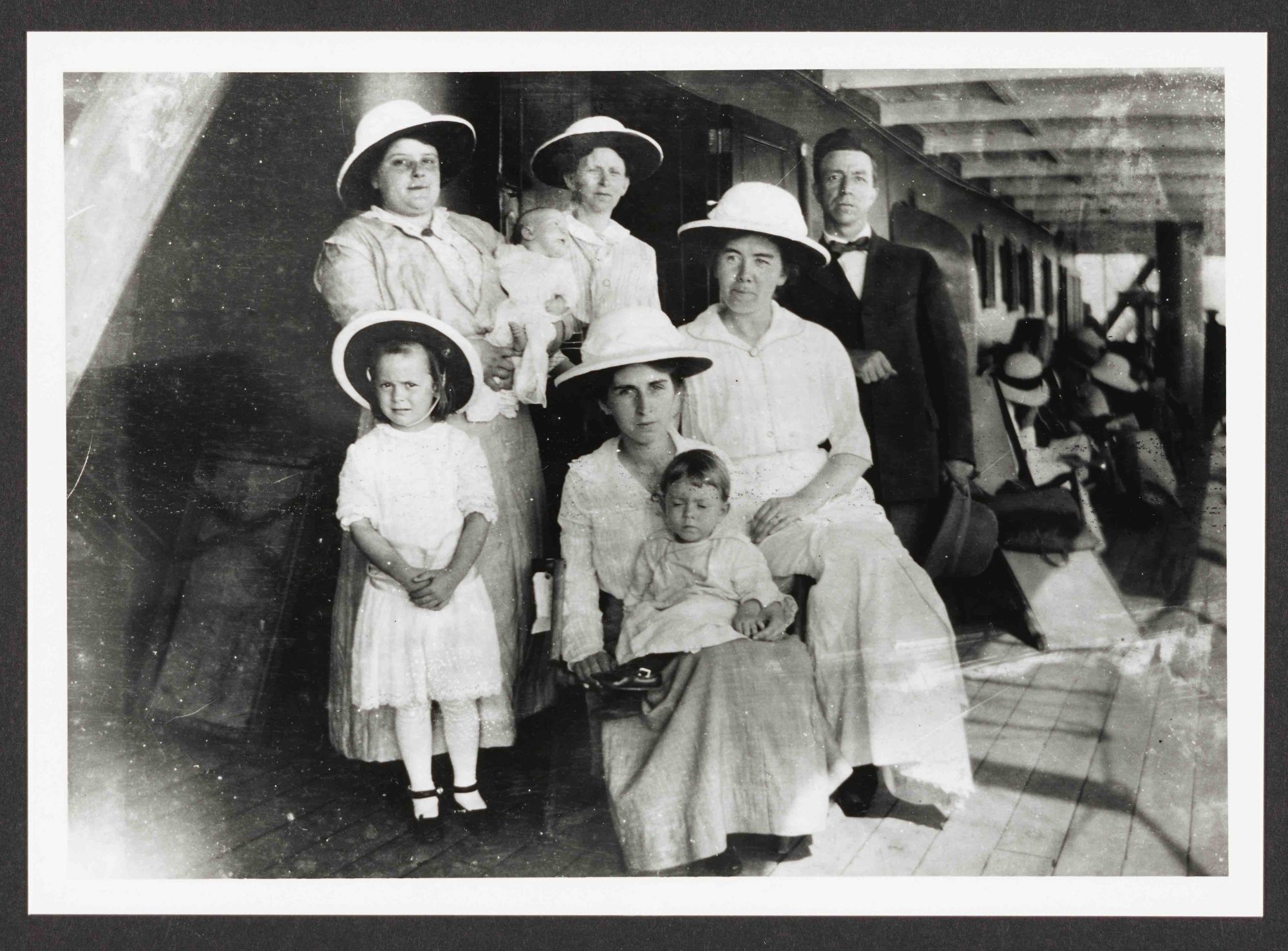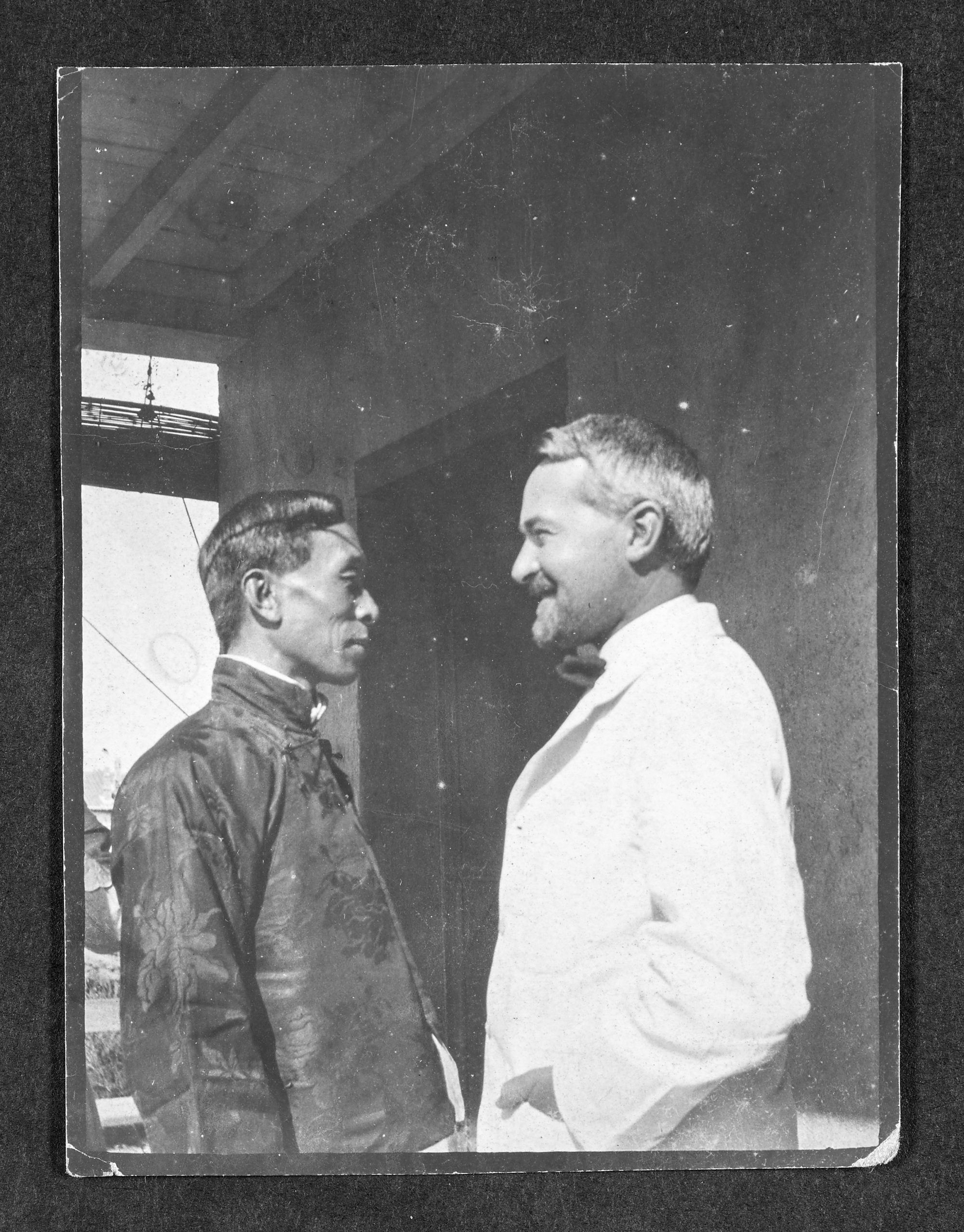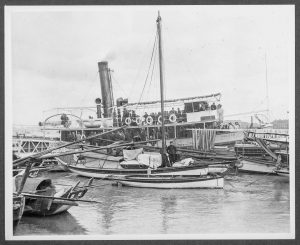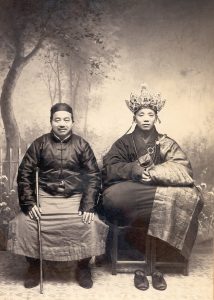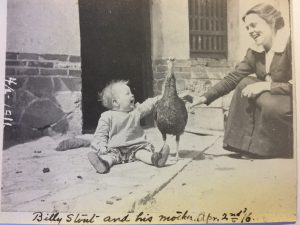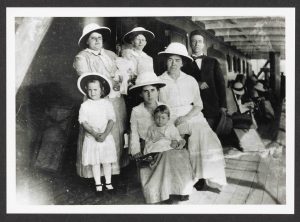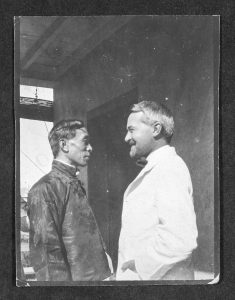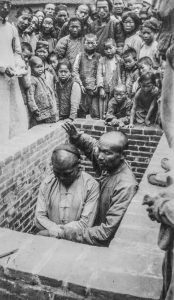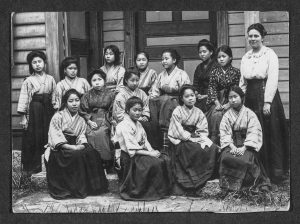1910s
As new work continued, there was pressure to unite with other denominations, but the FMB held fast to Baptist principles. After World War I ended, plans were made to expand work around the world.
On Christmas Eve 1912, beloved missionary Lottie Moon died aboard a ship bound for the United States. Her health was failing, and her tiny frame wasn’t strong enough to make the journey home. Four years later, the annual missions offering was renamed the Lottie Moon Christmas Offering® in honor of the woman who gave 40 years of her life to the people of China.
During this decade, the Foreign Mission Board faced enormous pressures to unite with other mission-minded denominations to start churches overseas. Proponents of this Union Movement asserted denominationalism caused divisiveness and artificial barriers among churches on the mission field. Southern Baptists held fast to the essentials of their faith, insisting that if we ignored biblical truths about faith and church polity, we could also choose to ignore what it says about salvation or other essentials.
In the 1910s the FMB began work in Chile, Uruguay and Macao. There were also plans to build a theological seminary in Europe, but finances were sorely lacking, and the mission board was already in debt. In 1912 the Judson Centennial Committee formed to honor missionary Adoniram Judson’s journey to India, and to raise funds for mission efforts. The Woman’s Missionary Union also continued to collect money, but eventually the Southern Baptist Convention acknowledged that the FMB’s constant financial challenges were largely due to Southern Baptists’ failure to give according to their ability. After World War I ended, ambitious plans were made to expand Southern Baptist work around the world, funded by the $75 million campaign, which would launch the following decade.
IMB Milestones
Significant Ministry Events
James Franklin Love Elected Executive Leader
Foreign Mission Board home secretary James Franklin Love was elected executive leader. During his 13 years in office, he led the way in clarifying and solidifying the organization’s commitment to essential Baptist doctrines.
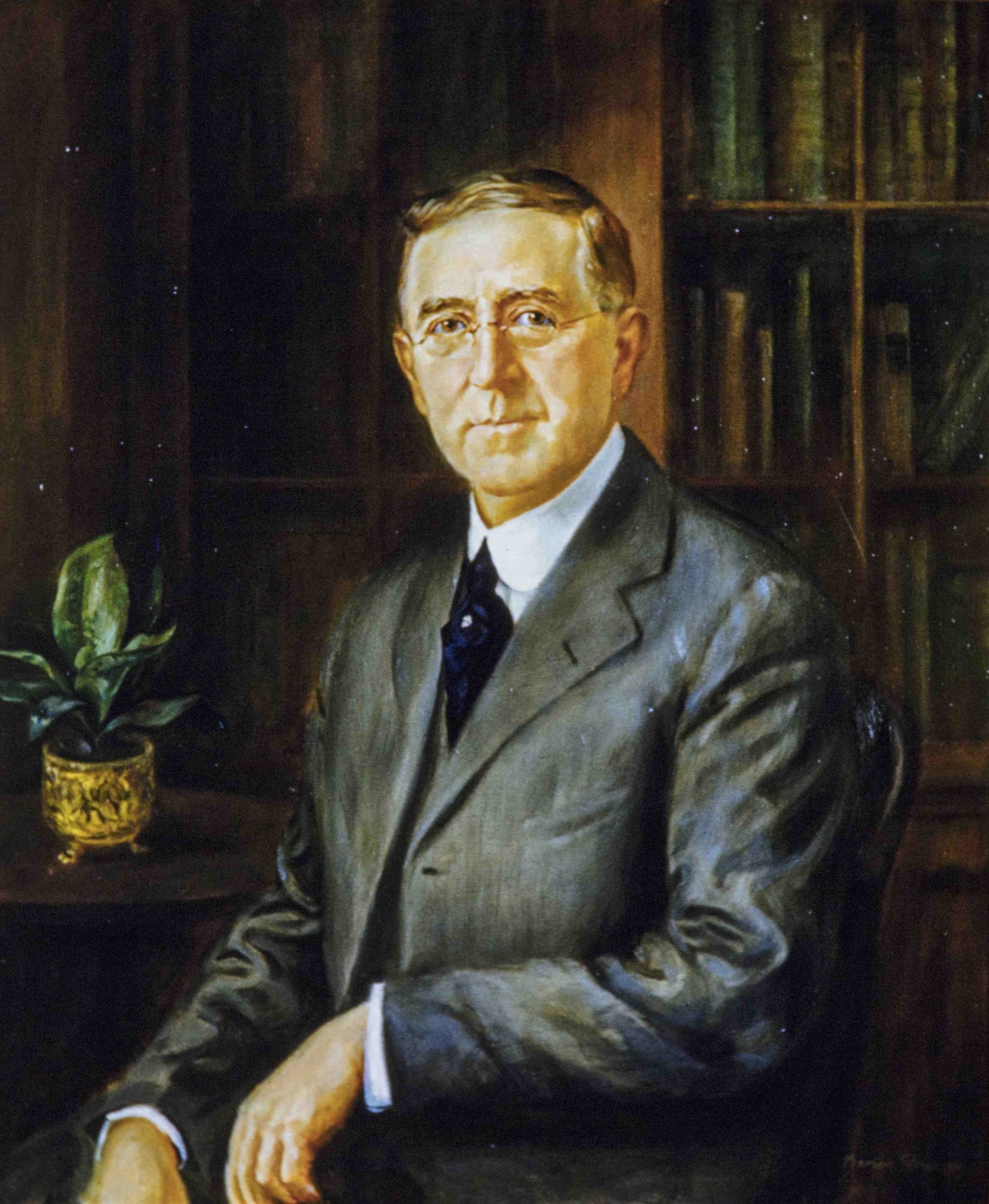
Union Movement Criticized Denominational Missions
The Foreign Mission Board issued a policy statement against the Union Movement, a cross-denominational group claiming denominational differences were an unnecessary foreign import on the mission field. The FMB’s statement sought a balance between preserving Southern Baptist doctrine while upholding cooperation with non-Baptists, as long as it did not involve a compromise of faith.
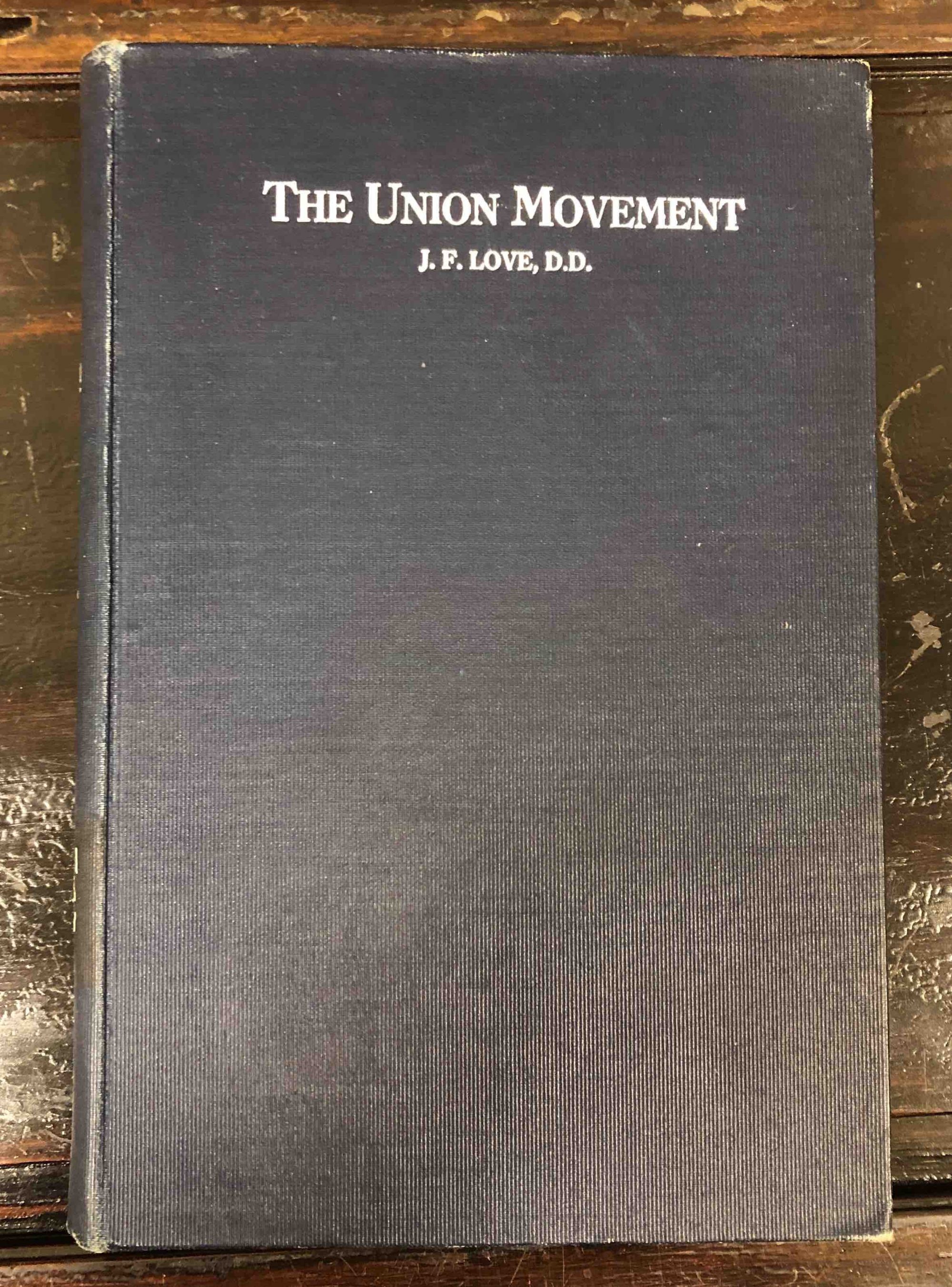
Lottie Moon Offering Established
The China Mission Offering was renamed the Lottie Moon Christmas Offering® in grateful memory of the missionary who initiated the idea to collect funds at Christmastime.
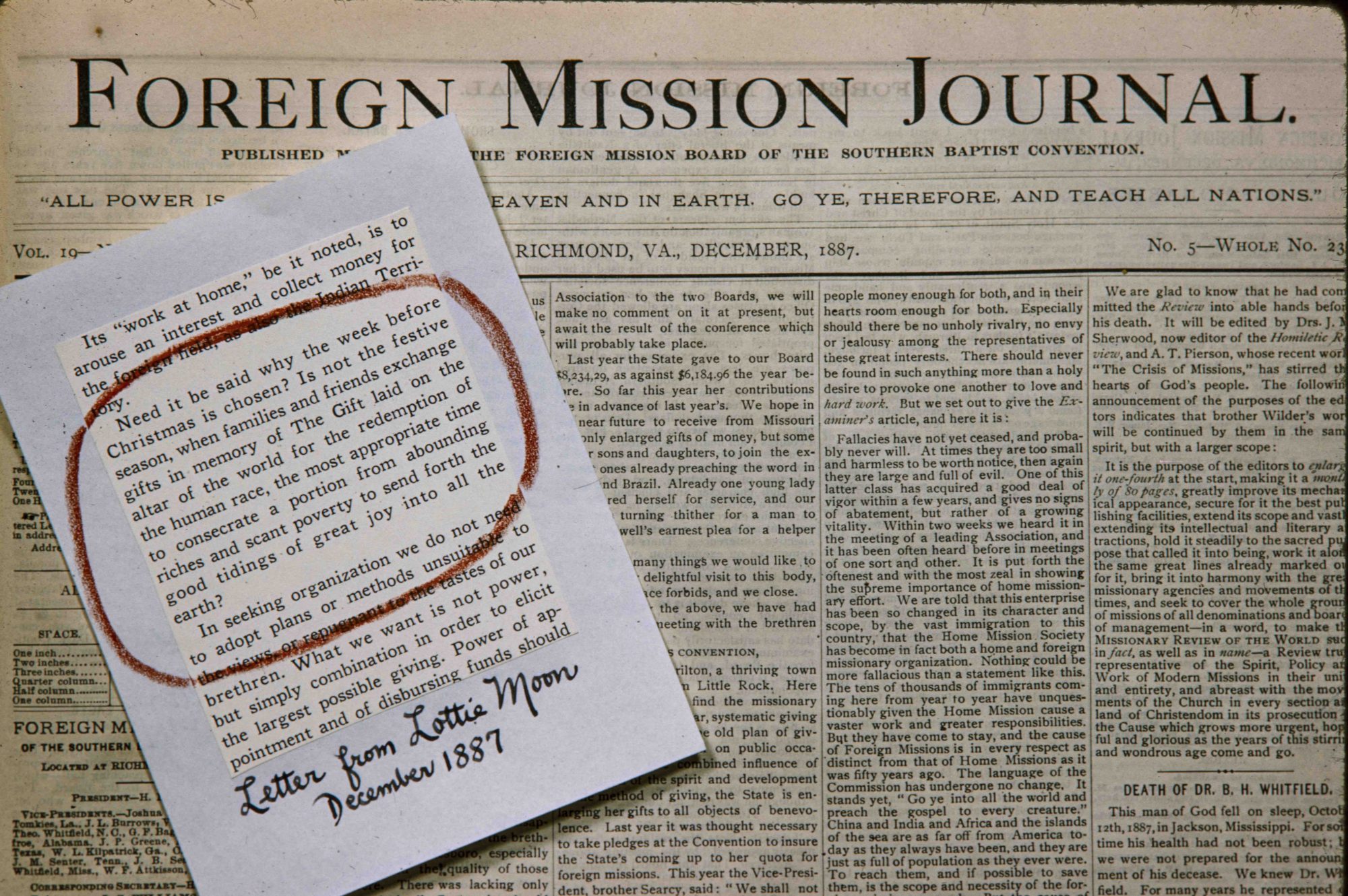
Statement of Belief Required for Missionary Service
The Foreign Mission Board started requiring missionaries to read and subscribe to a 13-article statement of belief covering topics such as church, baptism and the Lord’s Supper. It was not intended as a creed but as a representation of the general viewpoint of Southern Baptists. (At this time a confession of faith had yet to be adopted by the Southern Baptist Convention.)
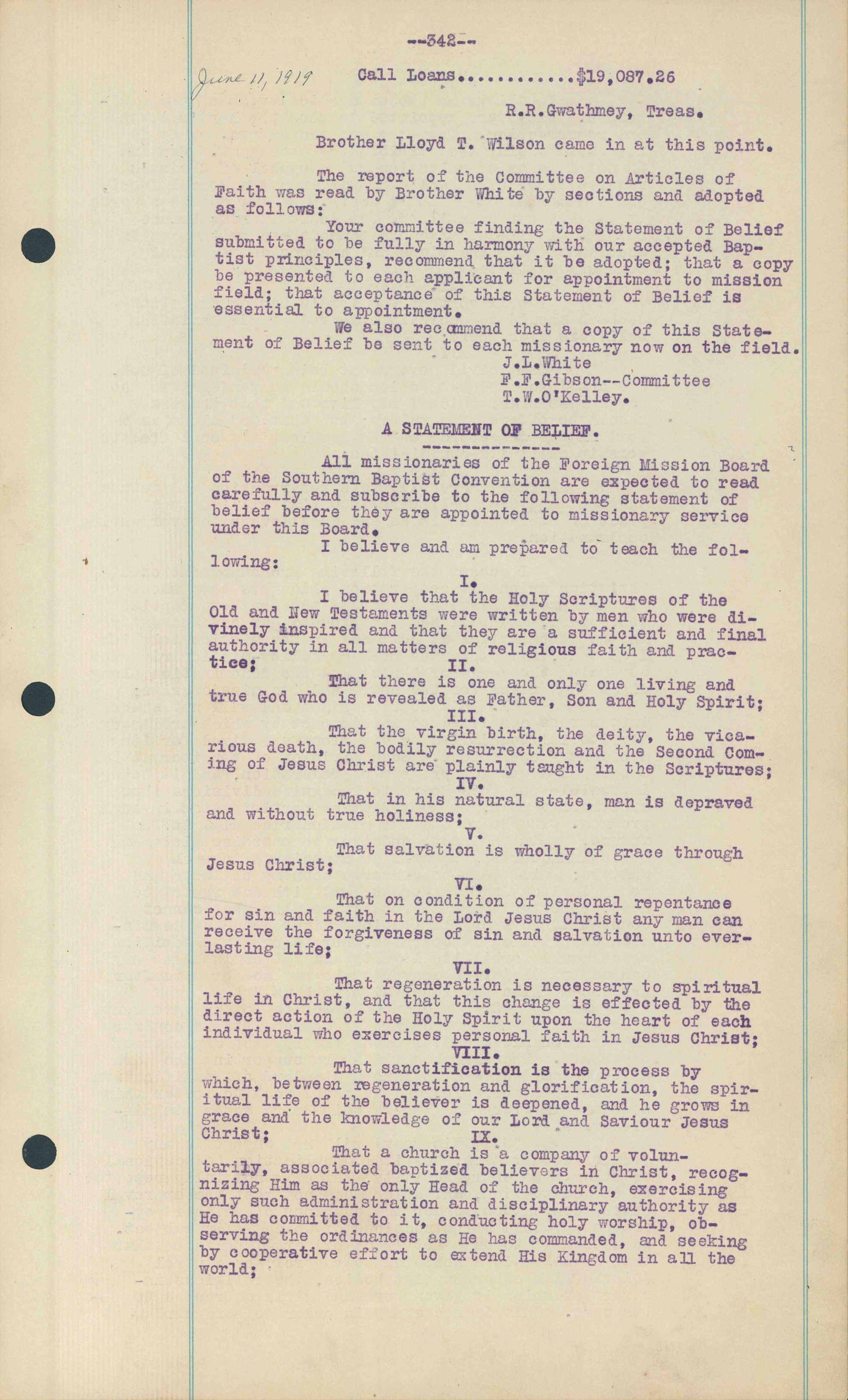
Missions in Context
Major World Events
Mexican Revolution Ousted Dictator
Dictator Porfirio Diaz’ run for an eighth presidential term sparked a revolution in Mexico. During this civil war, bandit Pancho Villa executed over a dozen American civilians before attacking a U.S. army post in New Mexico less than two months later, provoking Woodrow Wilson to send in the U.S. Punitive Expedition (1916-1917). Following the revolution, the new highly nationalistic Mexican Constitution of 1917 contained “many restrictions which, if enforced, will greatly hamper our work,” said FMB missionary G.H. Lacy.
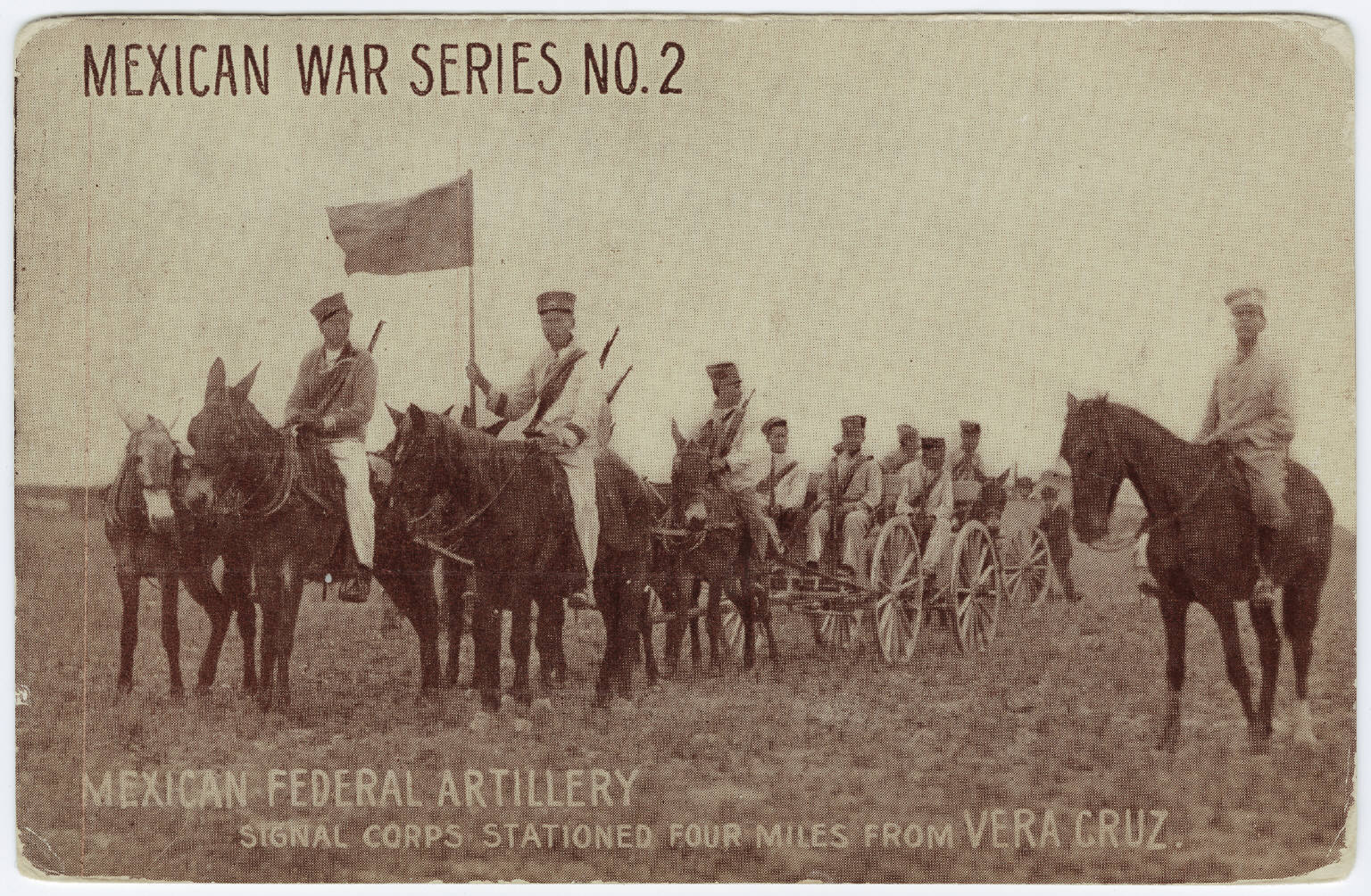
RMS Titanic Sank
Considered the “unsinkable” ship, the RMS Titanic struck an iceberg in the North Atlantic Ocean just before midnight on April 14, killing upwards of 1,500 passengers and crew members. There were not enough lifeboats for the ship’s passengers, and many died of drowning or hypothermia.
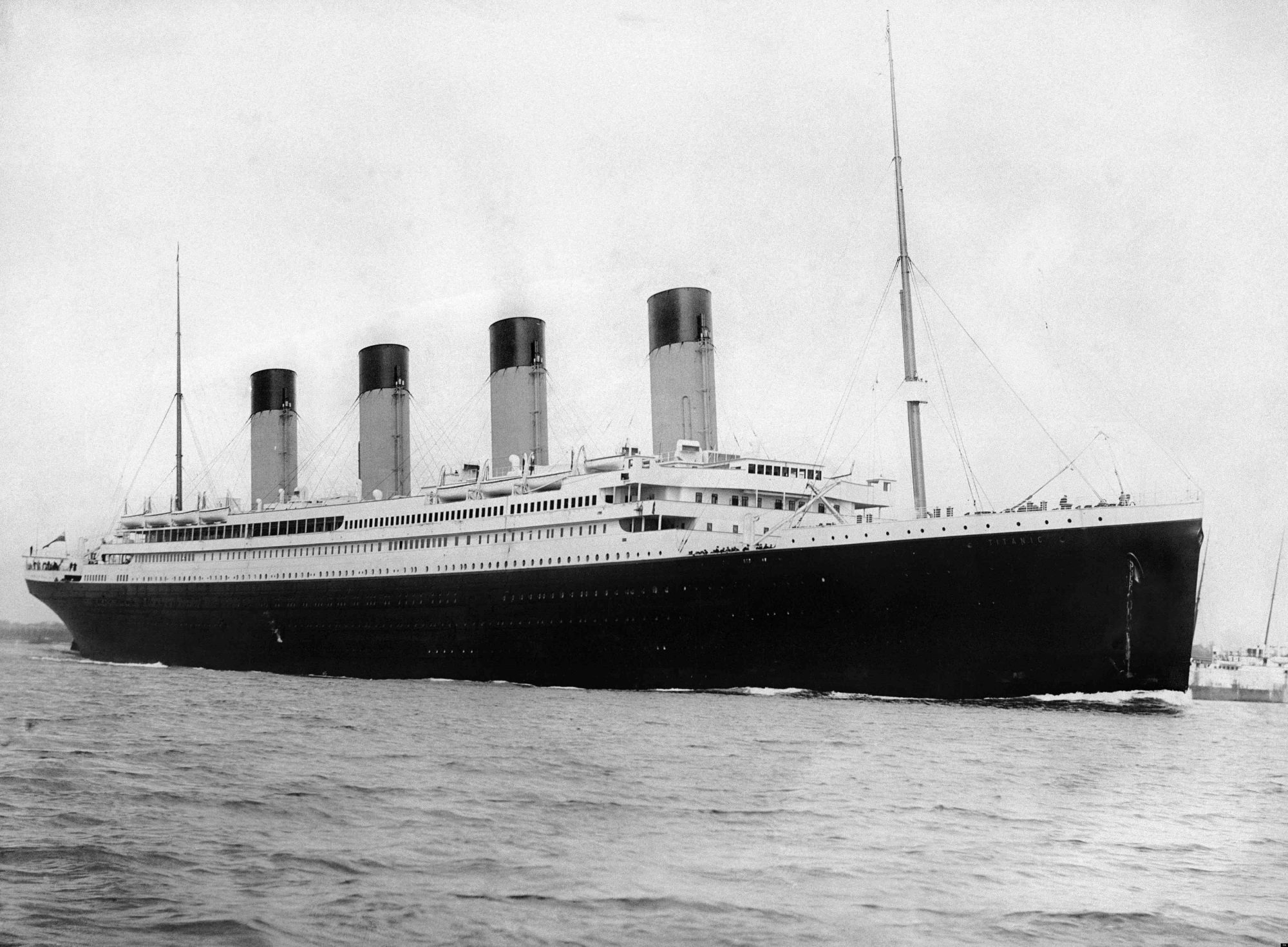
World War I Divided Europe
In what was initially known as the Great War, Europe was divided into two factions, the Allies (the British Empire, France and Russia) and the Central Powers (Germany, Austria-Hungary and Italy), with other nations and empires joining the fight. The United States joined the war effort in April 1917. After more than 9 million soldier deaths and 10 million civilian deaths, the war finally ended on November 11, 1918, with the Treaty of Versailles.
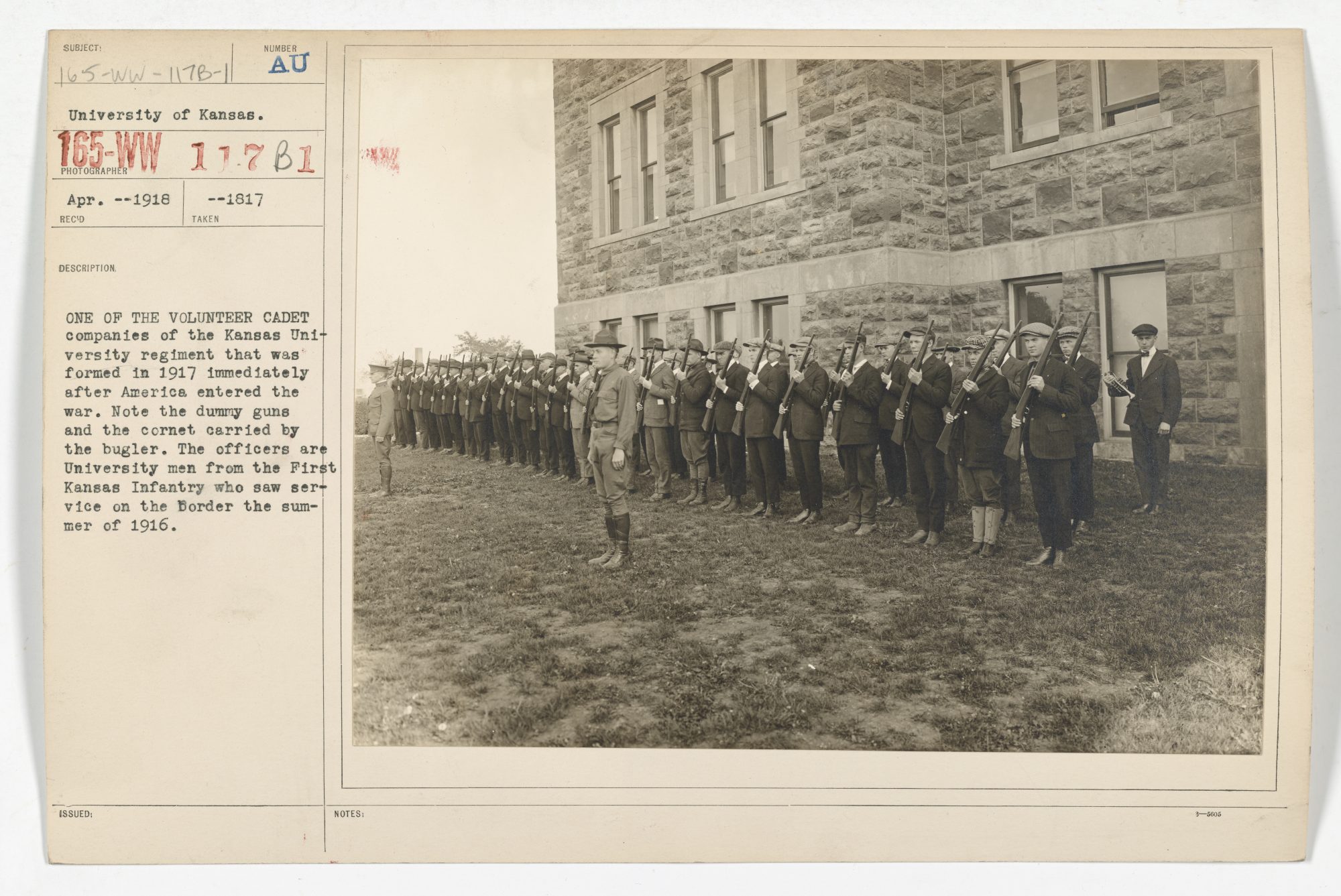
Russian Revolution Ended Imperial Rule
Under the rule of Tsar Nicholas II, many of the Russian people were peasant farmers or working-class citizens. Difficult living conditions, along with Russia’s involvement in World War I, led the people to revolt under the leadership of Vladimir Lenin and the Bolsheviks, eventually leading to the world’s first communist state.
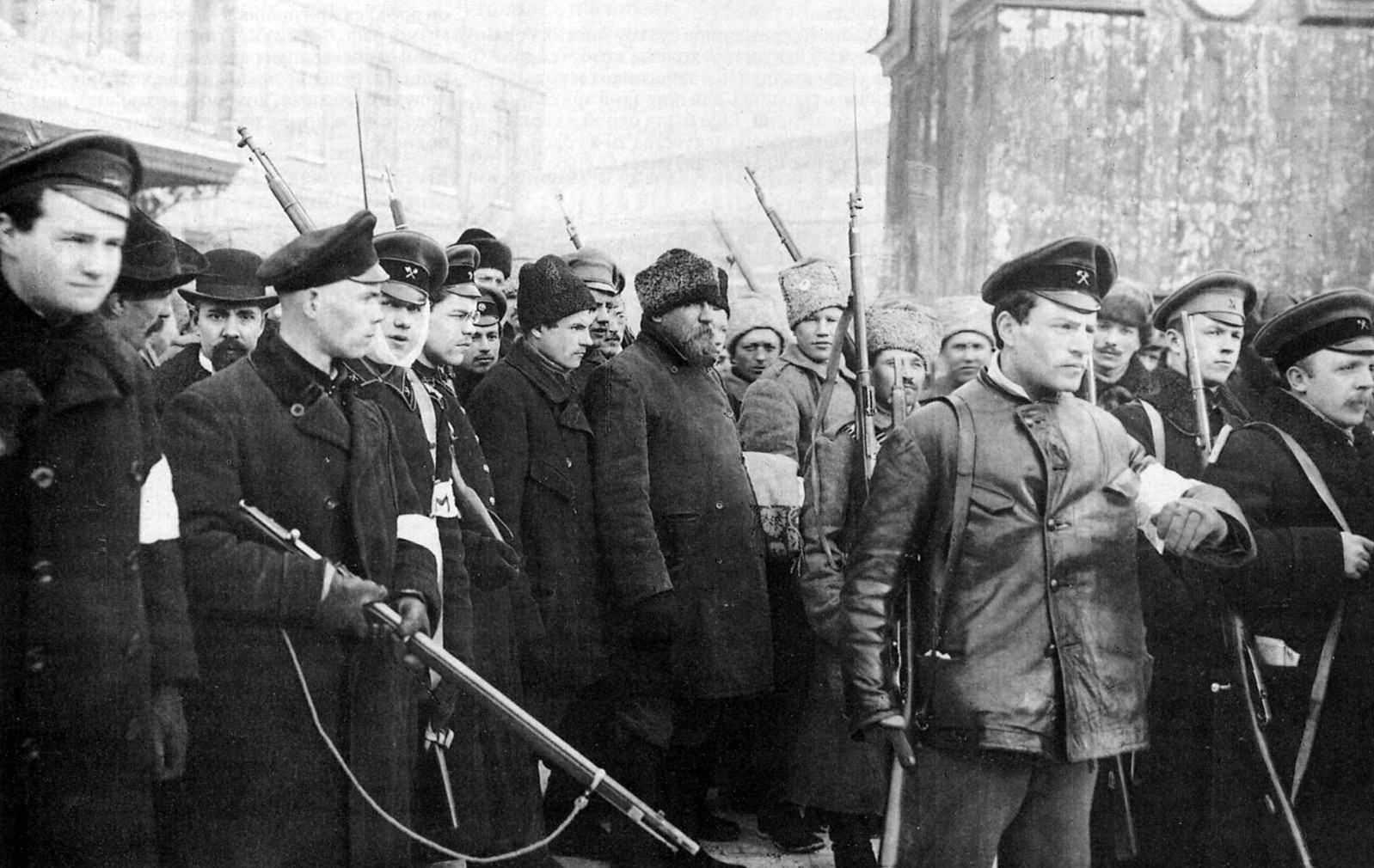
Ottoman Empire Partitioned
After 600 years as a dynasty, the Ottoman Empire was dissolved following World War I. The partition began in 1918 and concluded with the elimination of the title of Ottoman Sultan in 1922. Many believe the mandates ensured infighting throughout the region (which included Iraq, Syria, Palestine and other parts of the Middle East), guaranteeing Western powers a role in mediation and arms dealing. In 1921 the Foreign Mission Board opened work in Nazareth, which was then part of Palestine.
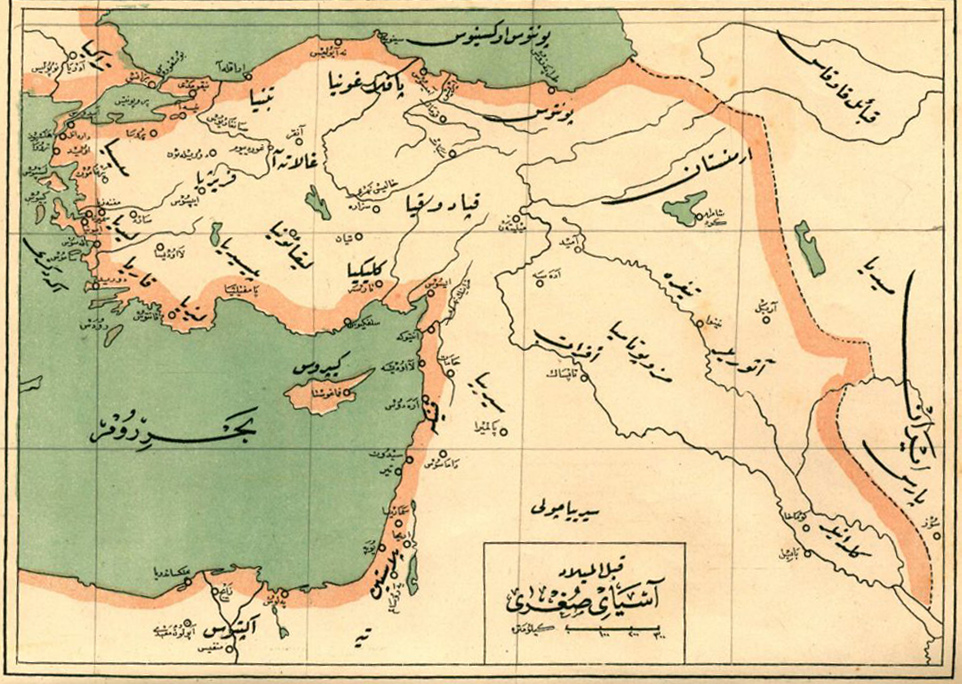
Worldwide Influenza Epidemic Killed 50 Million
A flu pandemic infected about 500 million people worldwide (about one-third of the world’s population at the time), killing at least 50 million and possibly up to 100 million. U.S. life expectancy lowered by 12 years during the first year of the flu. Sometimes called the Spanish flu, the H1N1 strain spread especially quickly among groups of World War I soldiers in crowded camps, trenches, sea vessels and trains.
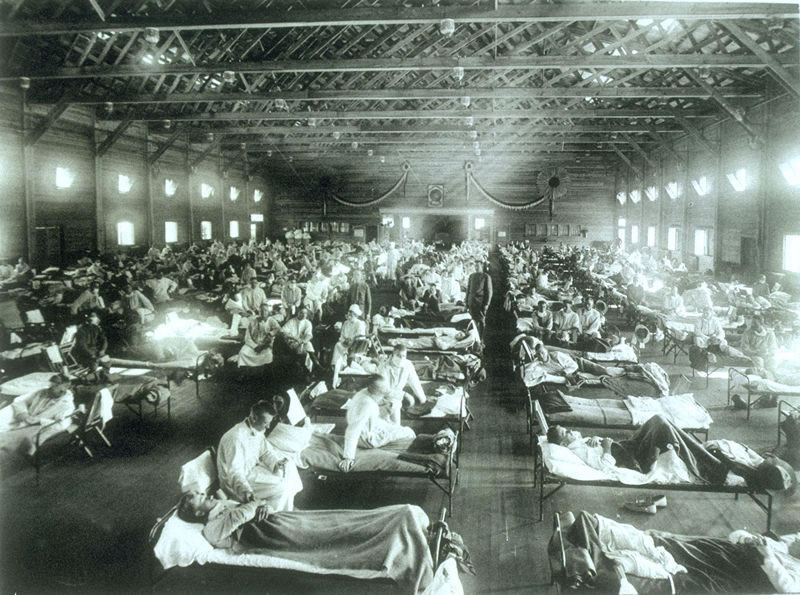
Missionary Profiles
Honoring Faithful Service
J.C. and L.C. Quarles
After 20 years, masses of people in South America still seemed primarily unreached with the gospel. But brothers J.C. and L.C. Quarles had surrendered their lives to missions and did not intend to give up.
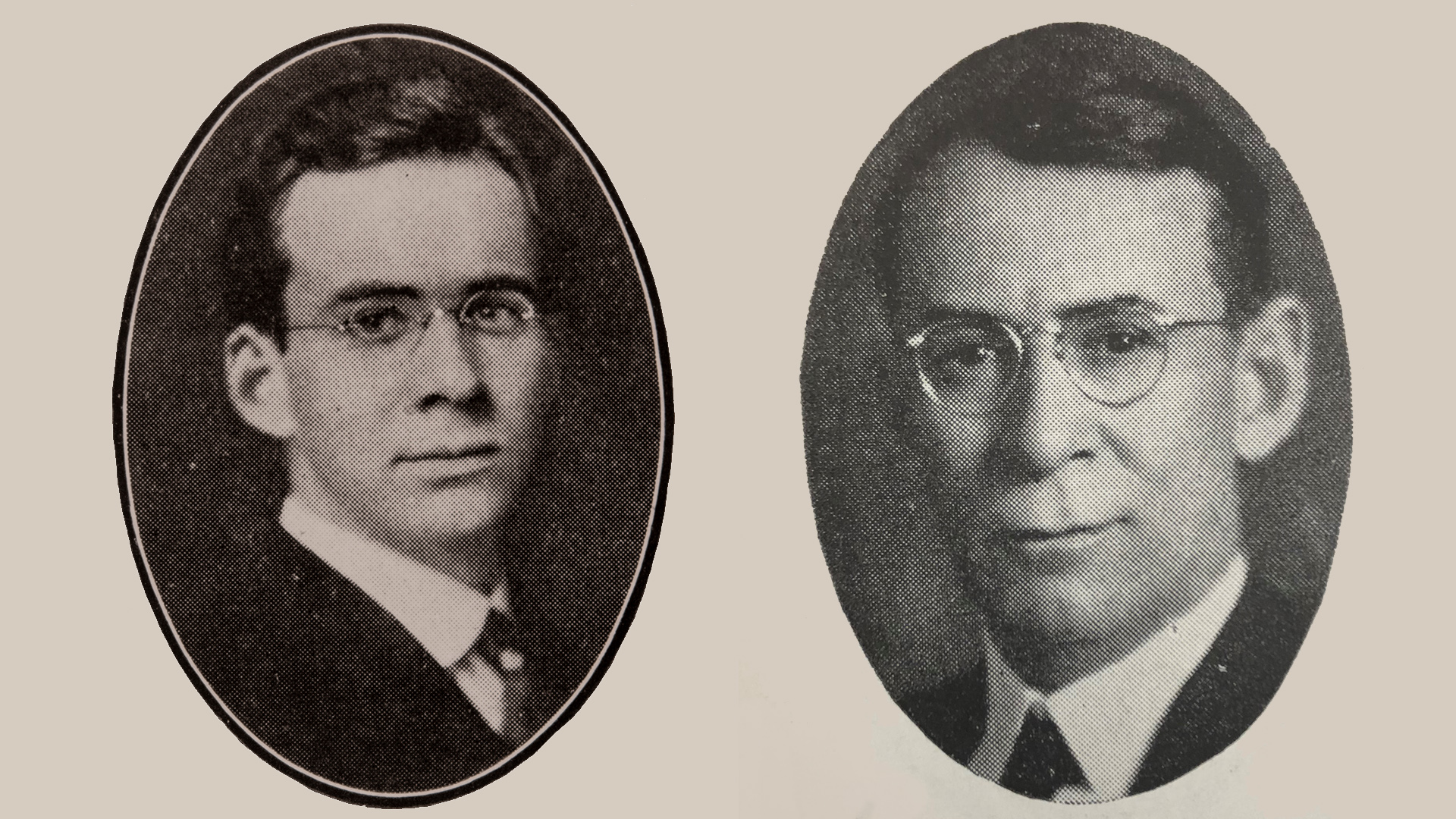
Attie Bostick
Attie wanted to stay in China, at all costs, but she needed a new mission sending organization. She prayed that God would provide a means for her to continue the work.
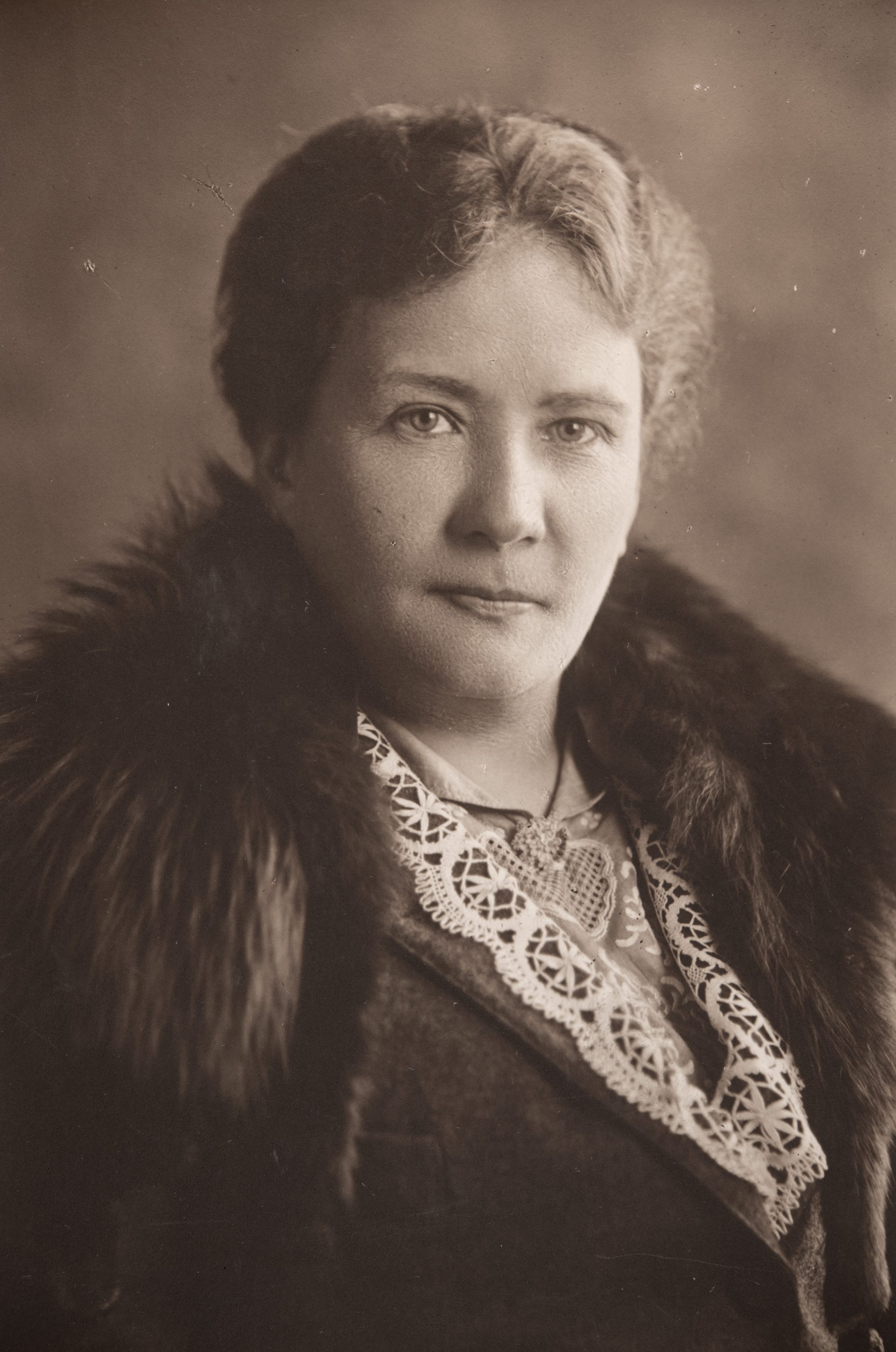
Sidney Sowell
A Virginia farm boy slipped a piece of paper into a tree stump. In his 17-year-old scrawl, Sidney Sowell had penned his resolve to become a missionary to Argentina. Little did he know all God would do in this place he knew only through the pages of a book.
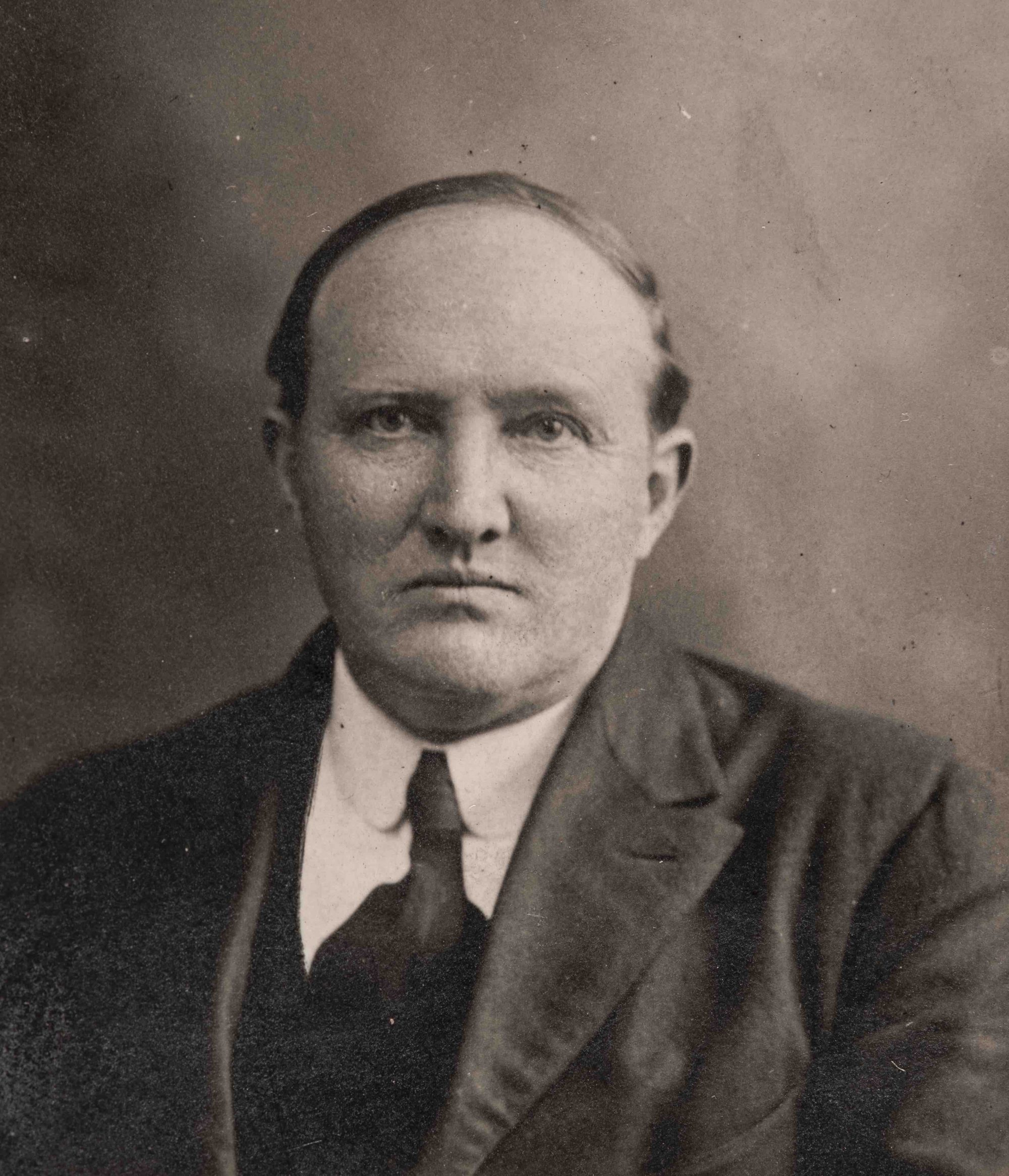
William MacDonald
A pioneer at heart, William could not ignore the advertisement he read in the London newspaper. Perhaps this was the opportunity God was opening.
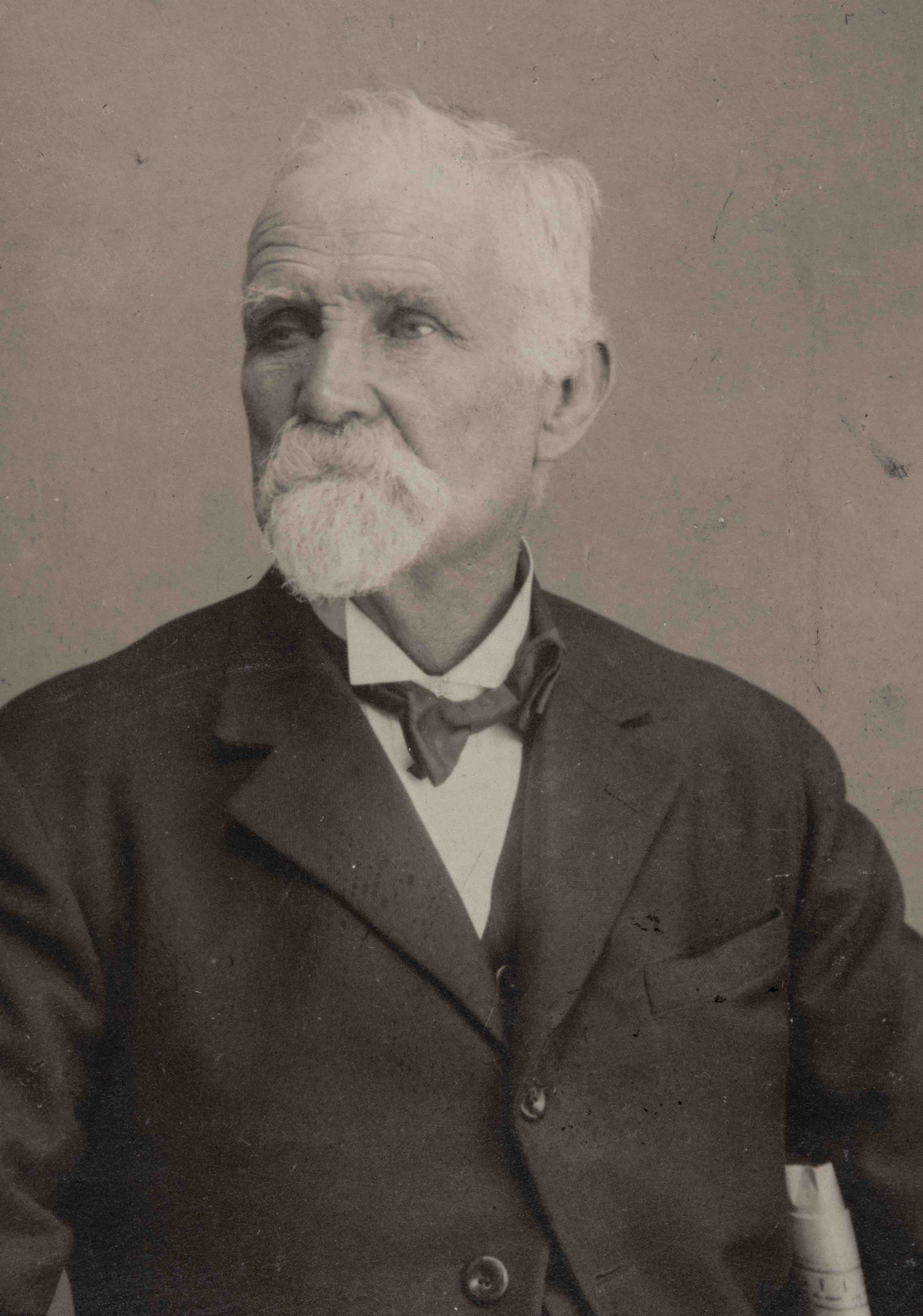
God at Work
Stories From The Field
Lepers and Robbers
As John Lake evangelized in China, he often encountered an outcast group. He asked a colony of thieves to build the outcasts a home.
Japanese Christians Turn Away from Shame, Addiction
One of [our new church members] is an old man perhaps sixty years of age, who, by the way, had all his money and clothing swept away by the big flood last year. He also barely escaped with his life. He comes to church quite often, even though he has to walk six miles. It takes him three hours to make the journey. With the tears flowing down his cheeks he thanks us for teaching him the way of salvation. ...
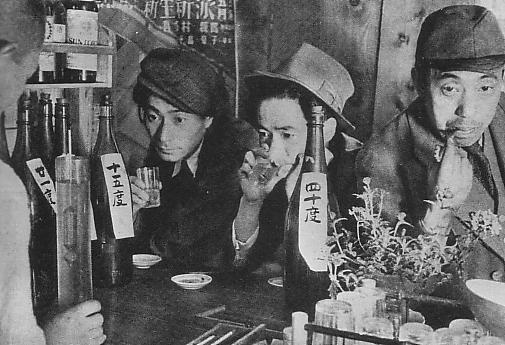
Missionaries Protect School Girls during Mexican Revolution
Two or three months after the opening session [of Colegio Occidental], in 1910, war broke out in Mexico. Yet through all the three years of its history, we think it may well be said that much good was accomplished in many ways. It was the means not only of helping many girls to begin their education, and many others of being brought to a saving knowledge of the Savior. …
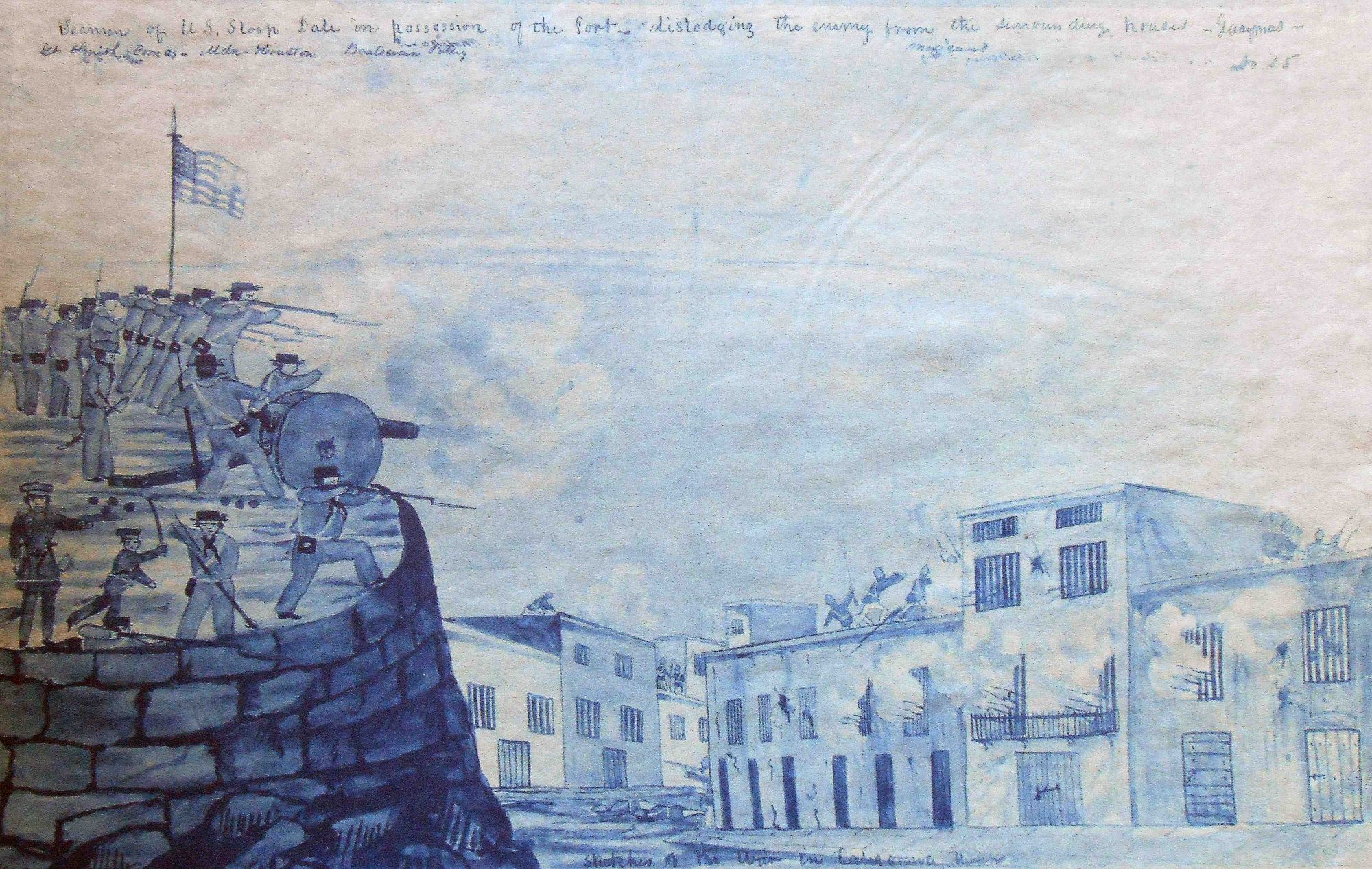
A Living Sacrifice
Lottie Moon demonstrates what one life, wholeheartedly dedicated to the will of God, can accomplish.
Bible Considered “the Devil” in Argentina
The Bible is largely unknown in Argentina. It is true that American and British Bible societies have for fifty years been trying to circulate God’s Word in this great land. And yet the fact remains that the real teachings of the Book are as unknown there as in any of the so-called pagan lands. …
